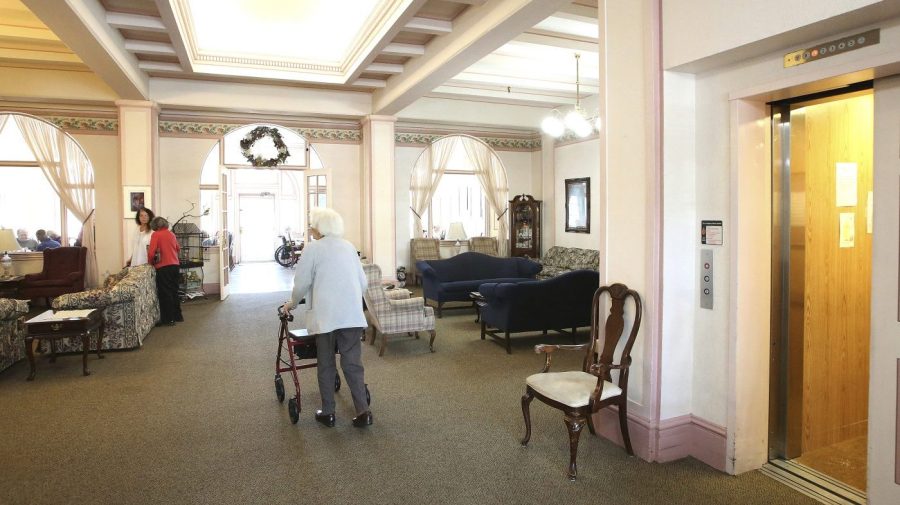A coalition of 20 states is suing the Biden administration over a policy that mandates minimum staffing levels in nursing homes, arguing it will result in a mass shutdown of nursing homes and senior care across the country.
In a lawsuit filed Tuesday in the Northern District of Iowa, the state’s Attorney General Brenna Bird (R) said the rule should be vacated and the administration should be permanently blocked from enforcing it.
Iowa was joined by Kansas and South Carolina as lead plaintiffs. The other states that signed on were Alabama, Alaska, Arkansas, Florida, Georgia, Idaho, Indiana, Kentucky, Missouri, Montana, Nebraska, North Dakota, Oklahoma, South Dakota, Utah, Virginia and West Virginia.
“Instead of addressing the legitimate challenges nursing homes face, the Defendants put forward a heavy-handed mandate,” the complaint states. “This Final Rule poses an existential threat to the nursing home industry as many nursing homes that are already struggling will have no choice but to go out of business. And the main victims will be the patients who will have nowhere else to go.”
The complaint argues that the Biden administration sidestepped Congress and exceeded the authority of the Centers for Medicare and Medicaid Services.
Under the requirements unveiled earlier this year, all nursing homes that receive federal funding through Medicare and Medicaid will need to have a registered nurse on staff 24 hours per day, seven days per week and provide at least 3.48 hours of nursing care per resident per day.
The policy was issued despite intense lobbying from the nursing home industry and opposition from bipartisan lawmakers, who argued a federal standard is unfeasible because of a nationwide staffing shortage made worse by the COVID-19 pandemic.
The rule establishes a floor, but most of the nation’s 15,000 nursing homes would fail to meet that requirement. The rule is aimed at addressing nursing homes that are chronically understaffed, which can lead to substandard or unsafe care.
The rules will cost nursing homes $43 billion over the next decade, according to estimates from the Department of Health and Human Services.
The requirements of the rule will be introduced in phases, with longer time frames for rural communities. Limited, temporary exemptions will be available for both the 24/7 registered nurse requirement and the underlying staffing standards for nursing homes in workforce shortage areas that demonstrate a good faith effort to hire.
Nonrural facilities must meet the requirements by May 2027, and rural facilities have five years, until May 2029.
The rule is already facing two other lawsuits in Texas. One was filed by the state itself and the other by a nursing home industry trade group and the operators of three nursing homes in the state.

